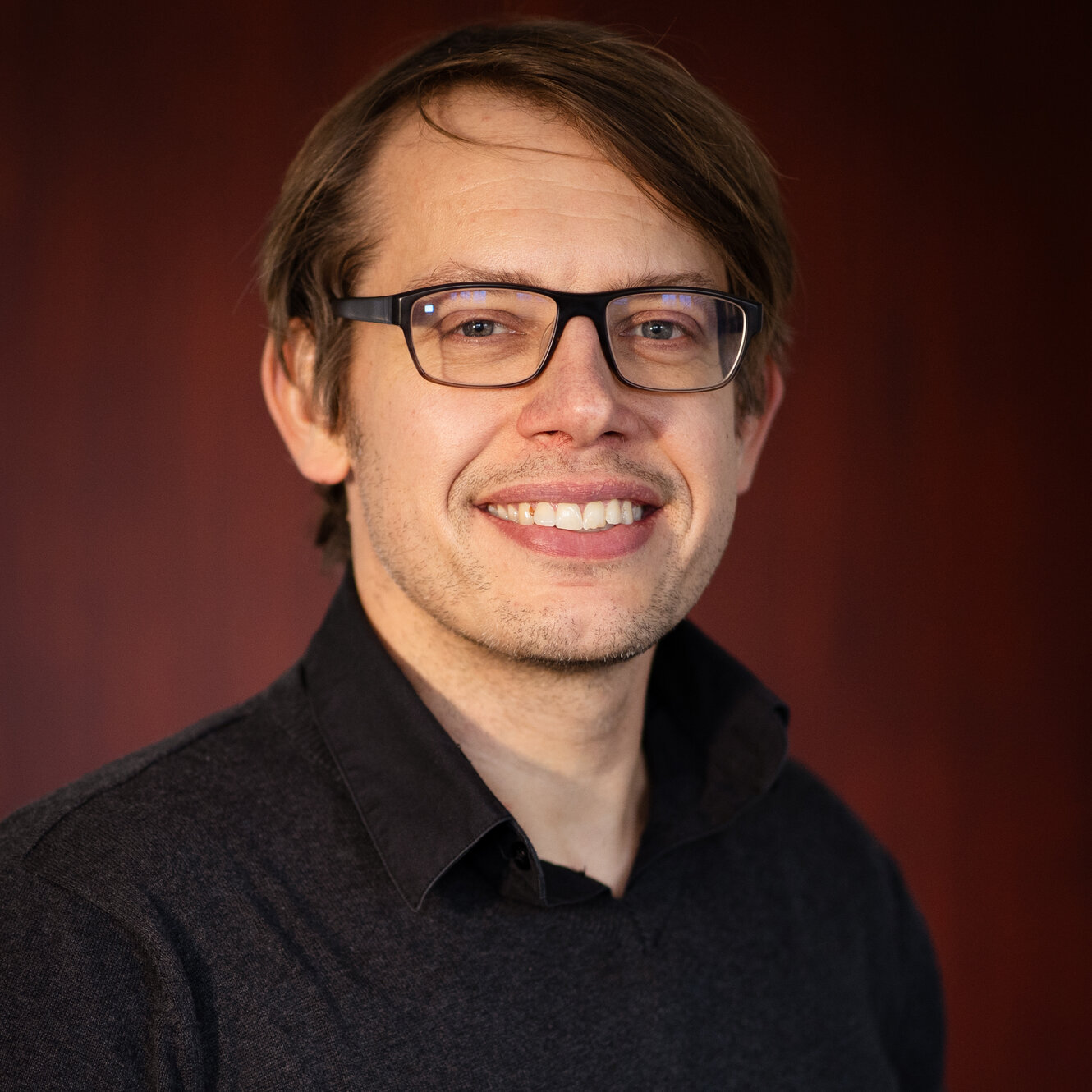Prof. Dr. Pawel Romanczuk

The main research objective of the Romanczuk Group is the development and analysis of individual-based mathematical models of collective behavior. In their research they combine methods from statistical physics, stochastic processes to computational biology, to investigate the following interconnected research questions:
- Do schools, flocks & crowds – from cellular aggregates to animal groups (incl. humans) – share common functional features as a collective information processing system?
- How does collective behavior emerge from sensory inputs? Here, they focus on the question of how individuals integrate visual social information and use it to coordinate their actions.
- How do animal groups perform collective decisions under sensory constraints? Here, the central question is how animal groups are able to perform near-optimal and robust collective decisions despite sensory constraints and highly variable environments.
- What is the interplay between the self-organized structure and dynamics of collective systems and their collectively intelligent (or not so intelligent) behavior?
- Agent-based models
- Stochastic Differential equations / Fokker-Planck equations
- Complex networks
- Numerical simulations und computational analysis of experimental data
Current position
| 2022 - present | Full Professor of Theoretical Biophysics & Theoretical Biology at the Humboldt-Universität zu Berlin (DE) |
| 2019 - present | Member and Principal Investigator of the research cluster of excellence, 'Science of Intelligence' |
Positions held
| 2016 - 2022 | Emmy Noether Junior Group Leader at Humboldt Universität zu Berlin |
| 2014 - 2016 | DAAD P.R.I.M.E. postdoctoral fellow Princeton University & Humboldt Universität zu Berlin |
| 2014 - 2014 | Postdoctoral Researcher at Leibniz Institute für Gewässerökologie und Binnenfischerei, Berlin |
| 2013 - 2014 | Postdoctoral Researcher at Physikalisch Technische Bundesanstalt |
| 2011 - 2013 | Postdoctoral Researcher at Max Planck Institute for Physics of Complex Systems |
| 2006 - 2010 | Manager of the collaborative research center (Sfb) 555 “Complex Nonlinear Processes” |
Academic Education
| 2006 - 2011 | Doctoral Degree in Physics at the Humboldt-Universität zu Berlin (DE) |
| 1999 - 2006 | Diploma in Physics at the Technische Universität Berlin (DE) |
| 2001 | Bachelor in Physics, University of Manchester Institute of Science and Technology (UK) |
DFG-funded projects
| 2019 - present | EXC 2002 - 'Science of Intelligence (SCIoI)' |
| 2016 - 2023 | Independent Junior Research Group - 'Collective Information Processing - From Individual Sensory Inputs to Collective Motion and Decision Making' |